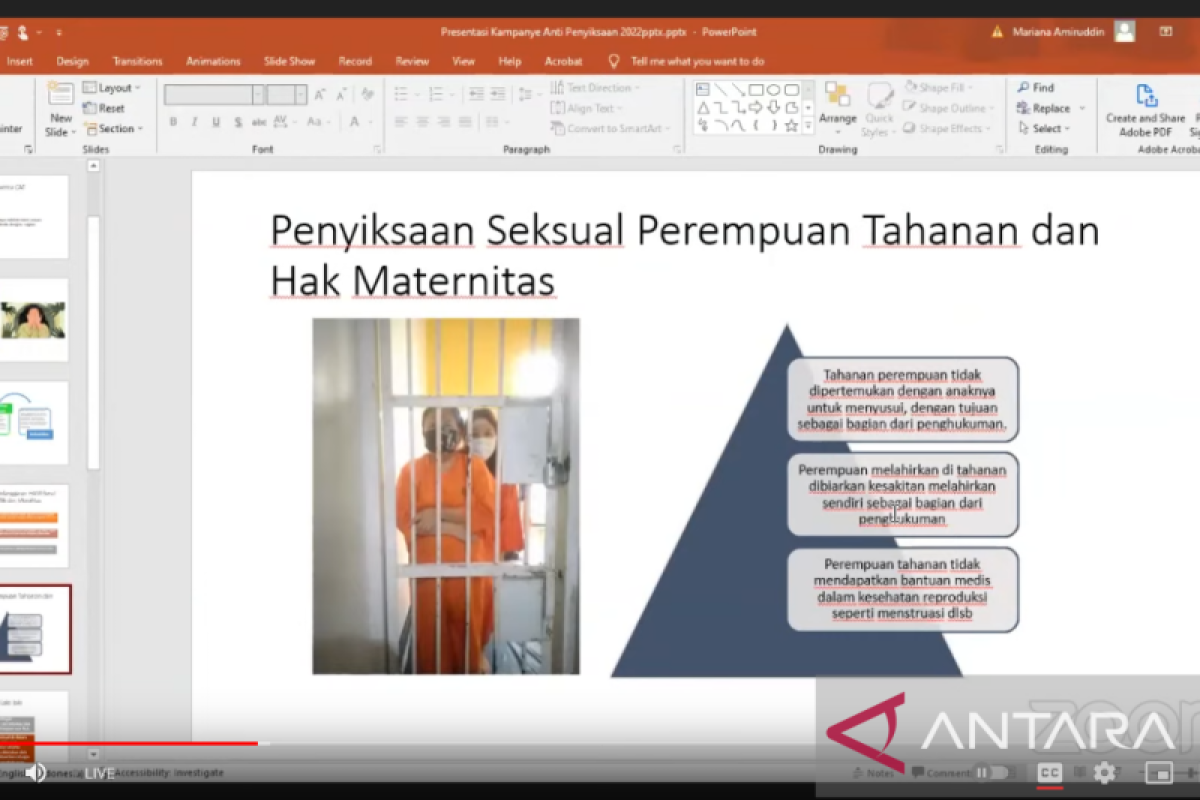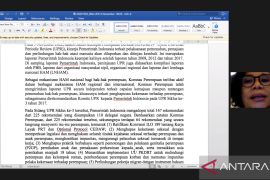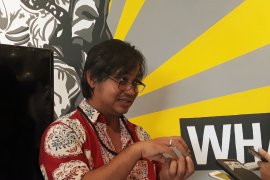Torture that, throughout this time, has been considered as a normal part of punishment carried out by state officials is something that must be avoided.Jakarta (ANTARA) - The building of a human rights culture in society necessitates the prevention of torture, Deputy Head of the National Commission on Violence Against Women Mariana Amiruddin said at a webinar on Monday.
"Torture that, throughout this time, has been considered as a normal part of punishment carried out by state officials is something that must be avoided," she remarked at the “Sexual Torture a Crime within TPKS Law” webinar.
Thus, the state needs to formulate a protection mechanism, she said.
So far, the commission has observed a lack of adequate mechanism for protecting those getting tortured along with impunity for perpetrators violating the right to freedom from torture.
In addition, an effective torture prevention framework needs to be created to ensure that everyone enjoys the right to personal integrity in Indonesia.
Amiruddin cited the example of women prisoners not being allowed to meet their children for breastfeeding as a form of torture.
Another example is female inmates not receiving medical assistance in terms of reproduction health such as menstruation, pregnancy, labor, and childcare.
"Even though it is not a punishment, the lack of facilities for women's maternity rights is also a form of torture," she said.
Related news: KuPP urges government to ratify OPCAT against human torture
Men also experience torture, such as when someone is forced to confess by authorities through harassment, both physical and verbal, Amiruddin highlighted.
Another example includes sexual violence perpetrated in men's cells by fellow prisoners, which prison workers know about but do not prevent.
Earlier, the Witness and Victim Protection Agency (LPSK) had called for the inclusion of torture in the Criminal Code Draft (RKUHP), LPSK deputy head Maneger Nasution noted in a statement issued on Monday.
Related news: Minister Marsudi highlights three torture-prevention strategies
Translator: Anita Permata D, Fadhli Ruhman
Editor: Rahmad Nasution
Copyright © ANTARA 2022












